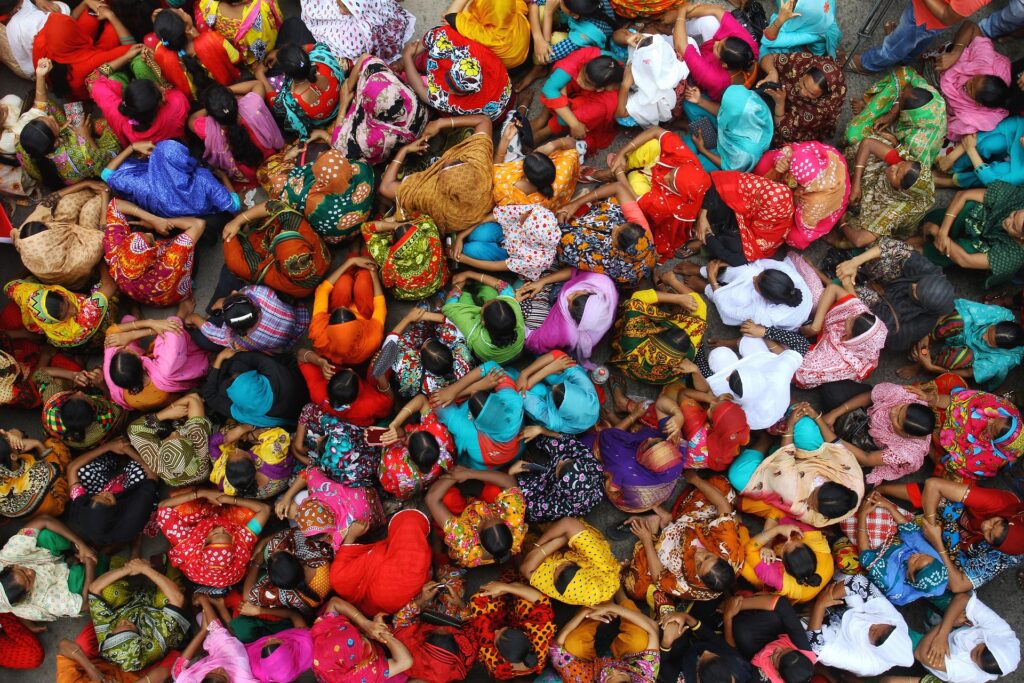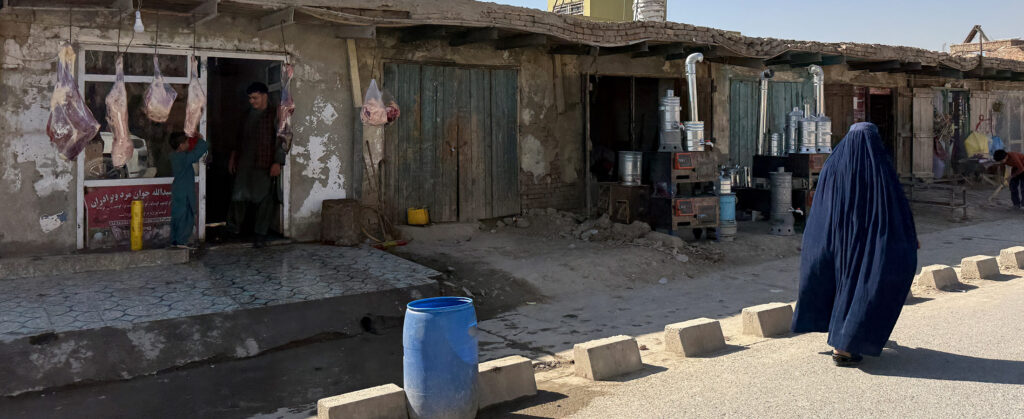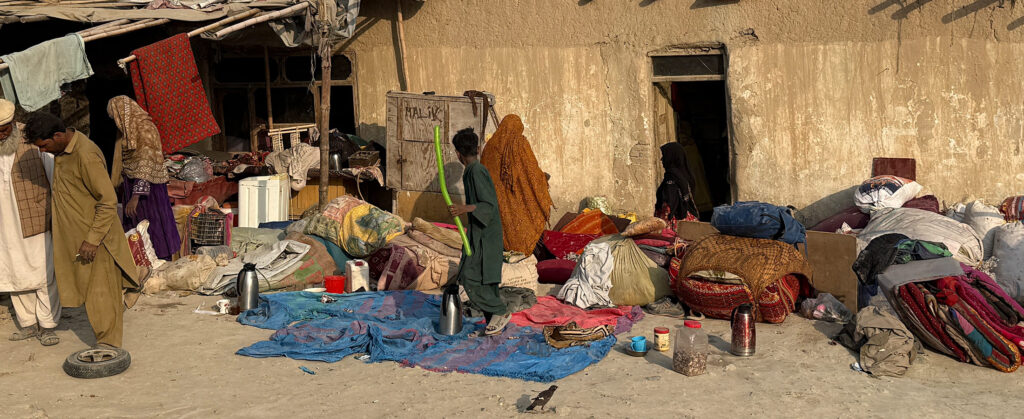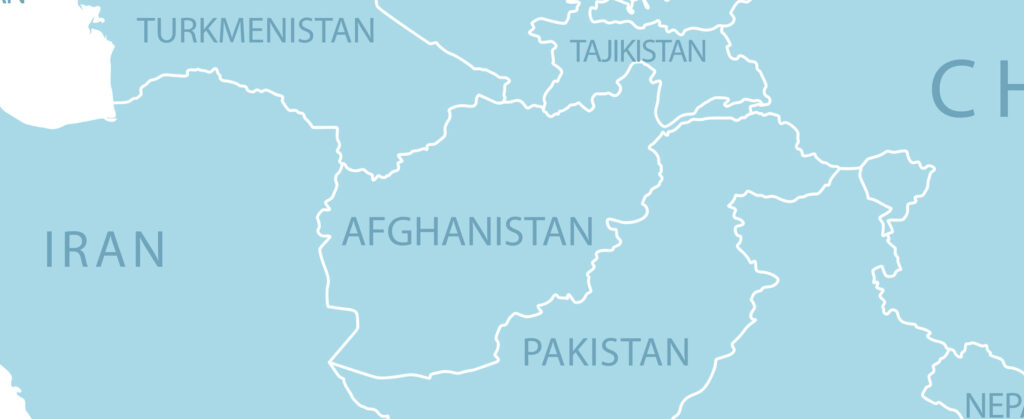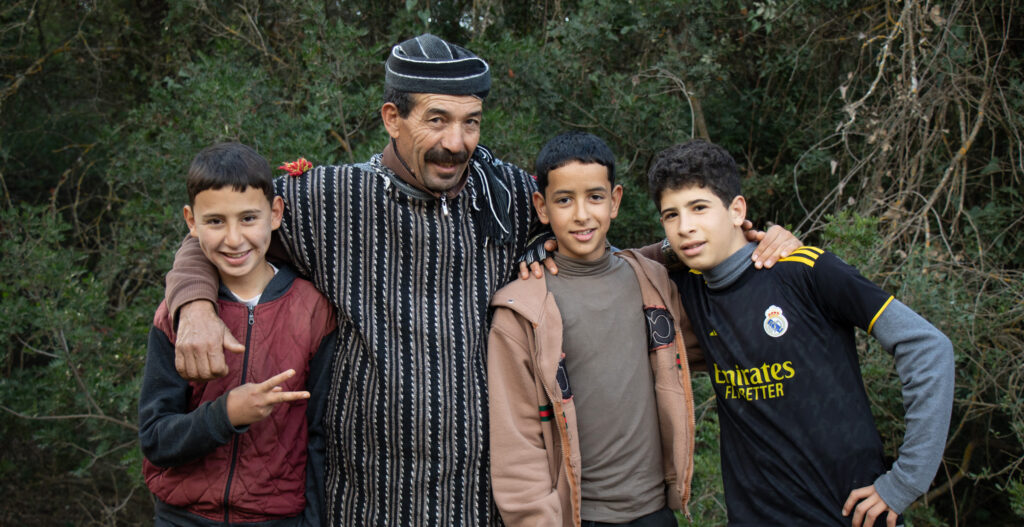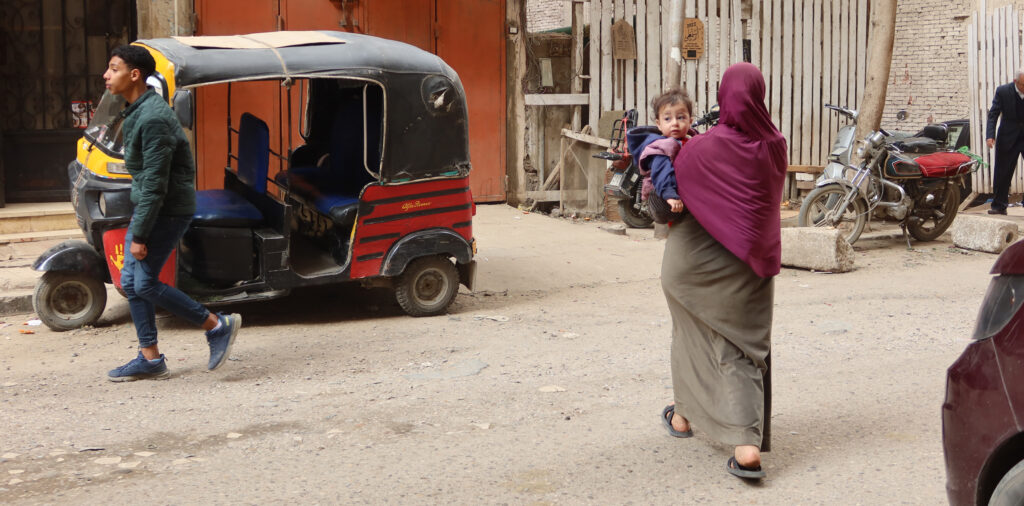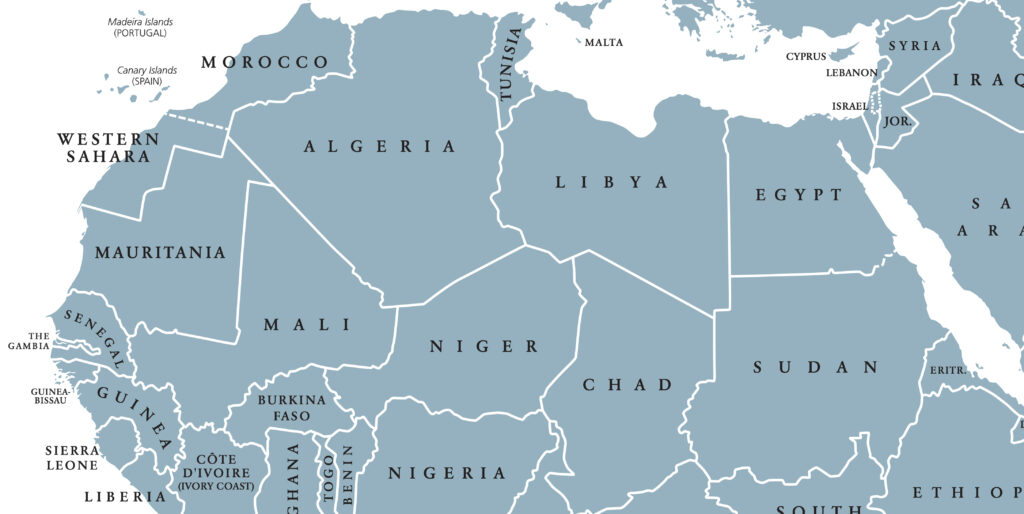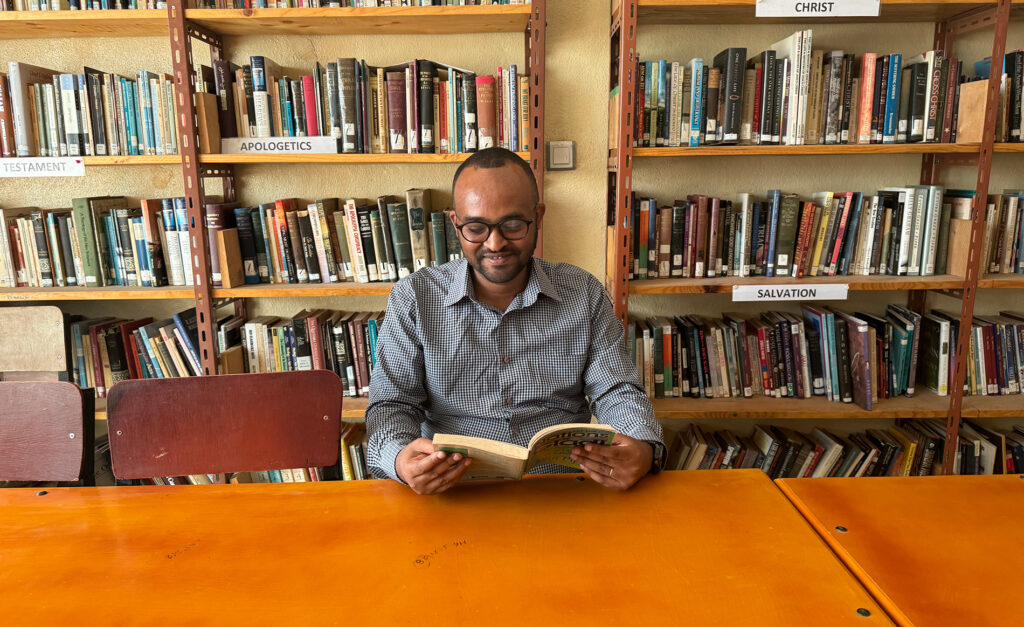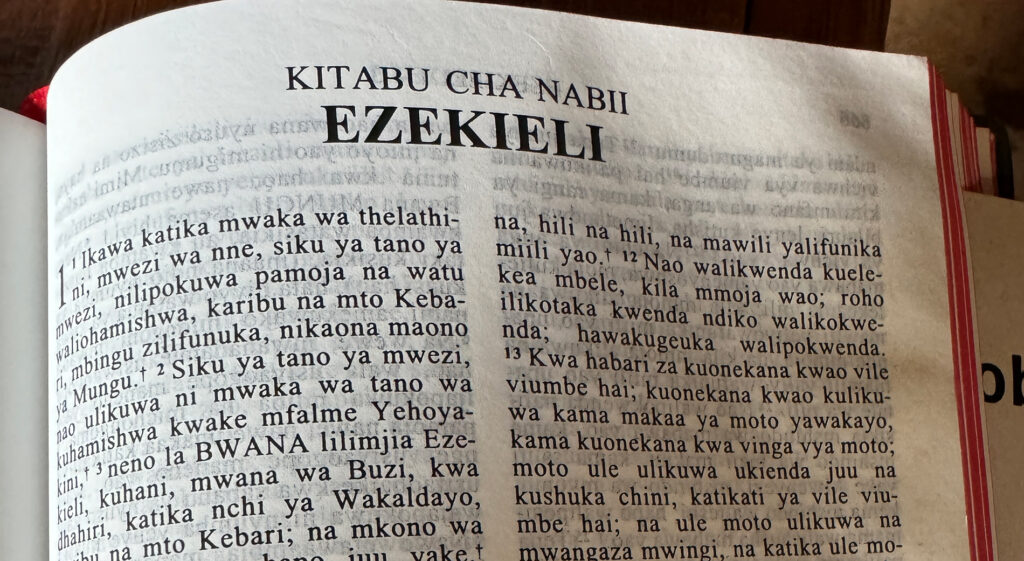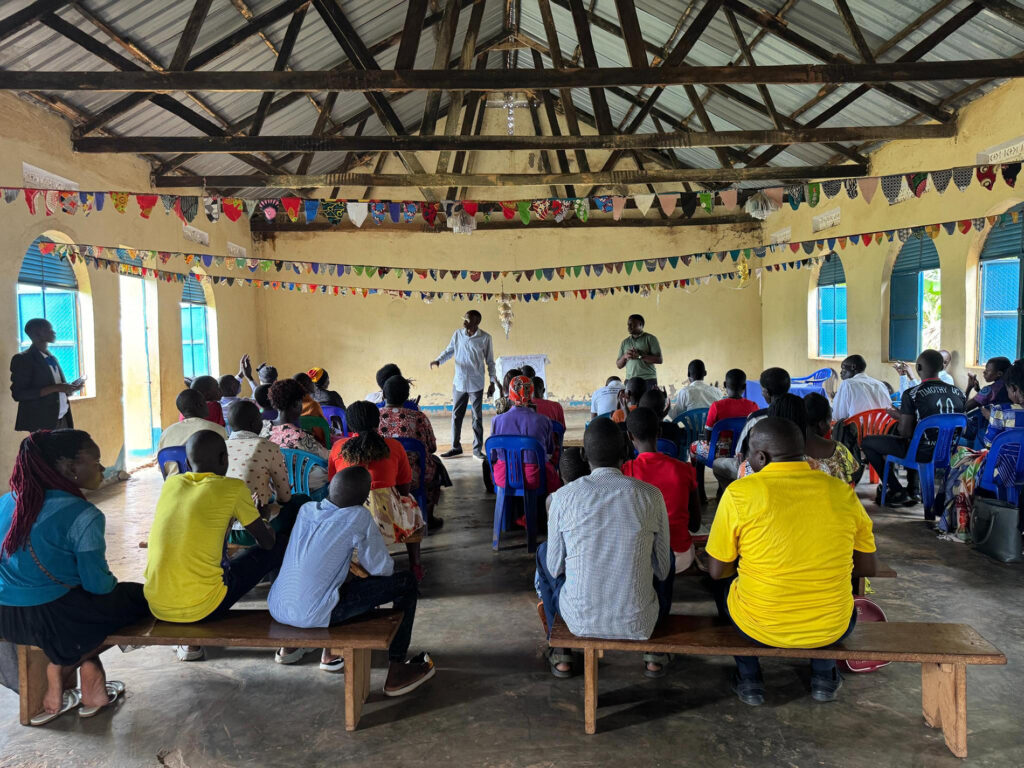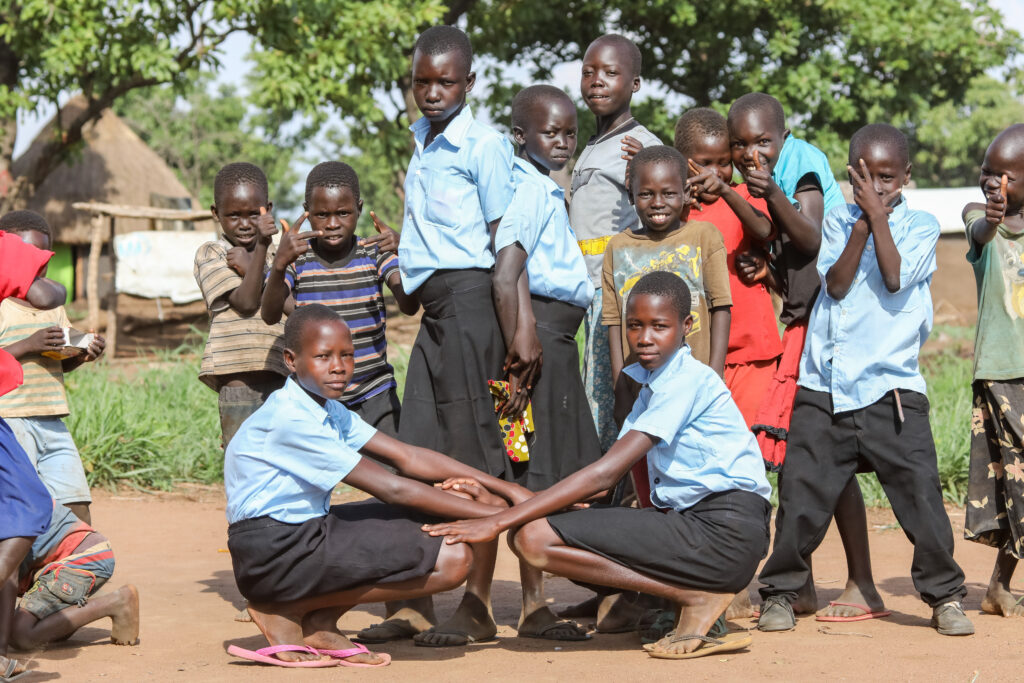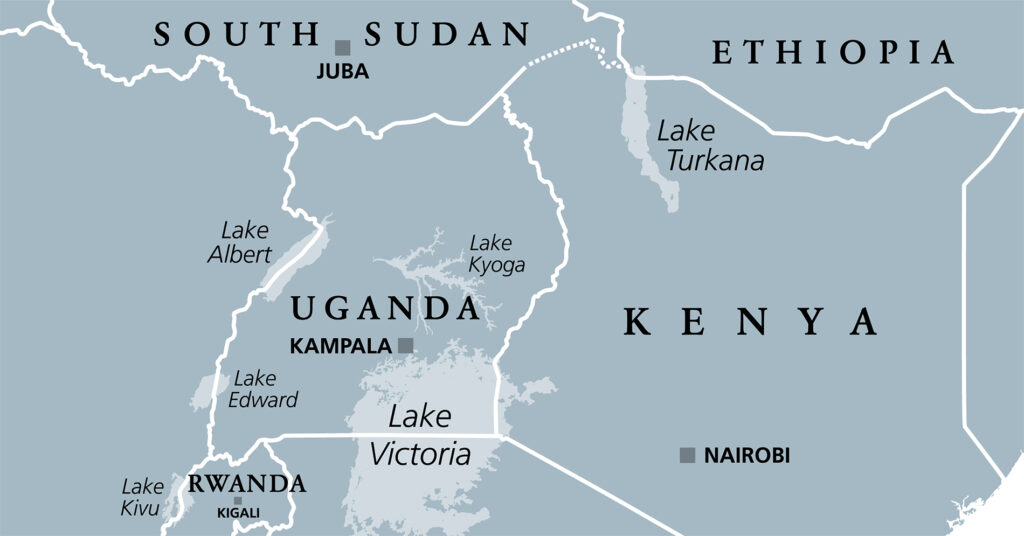If you want to get baptized in parts of India right now, you would have to sign a sort of waiver.
That waiver is a declaration that you are voluntarily deciding to convert to Christianity.
And as you stood in the baptismal waters before a congregation of believers, instead of asking you whether you were convinced that Jesus died for your sins and whether he was Lord of your life, a pastor would ask you, “Is anyone forcing you to become a Christian? Did anyone offer you anything–rice, gifts–in order to get baptized? Are you being paid?”
Churches film these testimonies and preserve them–as future evidence.
This is the environment in which many churches in India now operate. Anti-conversion laws make converting someone to Christianity a crime. In one state, converting a man is punishable with up to three years in prison, while converting a woman or child carries a penalty of up to 10 years.
A pastor in Delhi told ICR that when someone wants to share their testimony in a Sunday service, they must first write it down and sign it. This confirms everything is true. The documents are saved, and the testimony is read verbatim. “We simply never know what accusations may come later,” the pastor said.
And in many churches now, a notice is posted at the front: “This service is being video-recorded.”
The church video feeds are protection against the physical attacks on church services by Hindu activists. More than 334 incidents against Christians in India were documented from January to July 2025, according to the Evangelical Fellowship of India.
One way churches prevented attacks in the past was to put women in the back of the church. Male aggressors were reluctant to physically harm women, but this has changed. Now they bring female assailants with them to hurt Christian women.
These days, something else is new, too. Instead of just hurting Christians, attackers intentionally beat them as badly as they can, hoping to cause death later. Then the death can be attributed to “natural causes.”
Despite the repeated assaults, “It doesn’t occur to Christians to meet in secret instead. They want to be loud and express their faith,” an ICR field worker said.
Acts of violence on Christians have been common for years now, unfortunately. And as more people become believers, Christians are seen as more of a threat. These days, the government isn’t going after pastors; they’re going all the way up what they call “the conversion chain.”
They’re going after regional and national church leaders – and even after the foreigners (like ICR workers) who are helping persecuted Christians. “If you help persecuted Christians, you are now part of the conversion chain,” an ICR worker said.
The penalties for helping Christians are harsher now. In the Indian state of Uttar Pradesh, where some of the worst persecution happens, forced conversion can result in life in prison. (As of this writing, the exact language for this new law has not yet been made public.)
Providing legal aid for falsely imprisoned Christians is one important way of helping them, but that work has become more dangerous, too. The government tracks which lawyers take cases that help Christians. If a lawyer accepts too many, he or she may lose their license to practice law or be a target for an attack.
One lawyer told ICR, “We live here. We have our families here, and we need God’s protection. Your prayers give us the courage to keep going.”
All funds coming into India are closely monitored, which has made getting money to those who need it increasingly difficult. ICR partners must now personally distribute funds to replace a burned down house, for example, making financial distribution to needy Christians more time-consuming, arduous, and dangerous.
One of ICR’s closest partners is aware that his movements are tracked and that his phone is tapped. He, and others like him, receive death threats. He is afraid, but not so afraid that he wants to stop his work.
“I receive negative attention because I have a public profile,” he told ICR. “It’s part of the responsibility that the Lord has given me and part of my ministry. You can’t help it. Discrimination, attacks, and threats are part of the job.”
But he and other ICR partners are willing to face those risks because they want to help persecuted believers. They don’t want to allow radical Hindus to stamp out Christianity in India. They intend to follow Jesus’ command to make disciples of all nations, and they cannot abandon their brothers and sisters who are faithfully following Jesus.
As one believer told ICR, “Even if they take my house, steal my animals, devastate my fields, drive me out of the village, starve me and my family, cut me to pieces or kill me, I will not give up my faith in Jesus Christ, because He means everything to me.”
